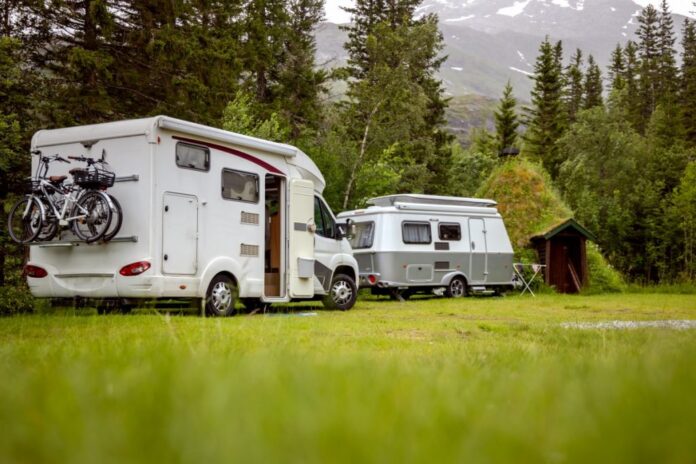
Many RV owners fall into a trap thinking that their RV is fully covered under the standard motor insurance. However, RVs are considered as a vehicle that can be used as a full-time or temporary residence. Besides, they can carry expensive items and valuable personal belongings, meaning they carry a larger risk than your normal vehicle. This is the reason why RVs usually have unique requirements that need special insurance coverage.
With the Good Sam RV Insurance, you can insure your RV regardless of its type and class. But before you decide to insure your RV, you need to figure out if the insurance policy will meet your needs. This post explains some of the key factors to consider before choosing the Good Sam RV Insurance.
Why you need the Good Sam RV Insurance
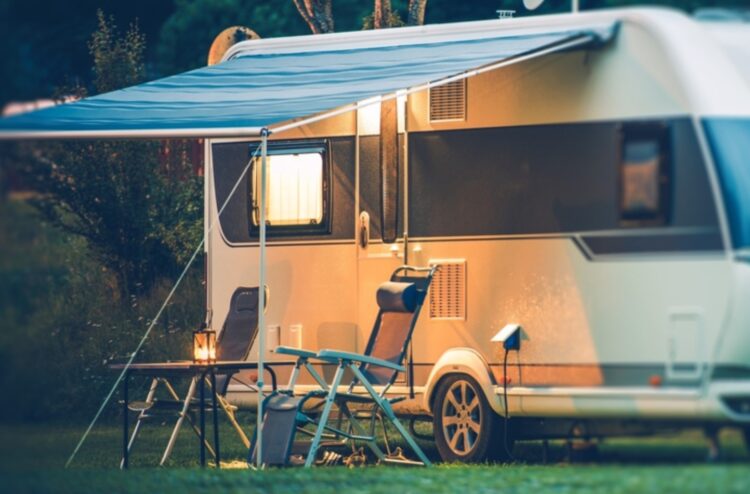
Remember that an RV is larger than a vehicle, so the risks for accidents can sometimes be pretty high. Most standard auto insurance that you can need in case of damage or lawsuit might fail to offer full collision coverage or liability.
To make it worse, your standard auto insurance may not cover all the belongings you keep in your RV, such as computers, clothes, satellites, jewelry, and electronics. That said, you should know that most homeowners insurance can also exclude these valuable items when you are away from your home or motorhome. This means you stand a chance to lose your things in case of damages from a vehicle collision.
Therefore, you need to have the Good Sam RV insurance coverage to protect you and your asset if there is a natural disaster or at-fault accident. In this way, you can rest assured that your large RV asset has enough protection. This means you don’t have to pay an enormous sum of money again to purchase another RV that is totaled.
Also, RV insurance offers additional coverage, such as breakdown or towing costs and other emergency expenses that many standard auto insurances don’t take into account.
It’s also important to know that you need an RV insurance if you intend to rent or finance your RV. In such cases, as the RV owner, you can’t operate your RV without proper coverage for usage.
This is because in some states it’s a requirement to have some form of an RV insurance. That is to say, you should have at least a minimum liability insurance. In some states, you may also have uninsured or underinsured coverage.
Types of insurance coverage
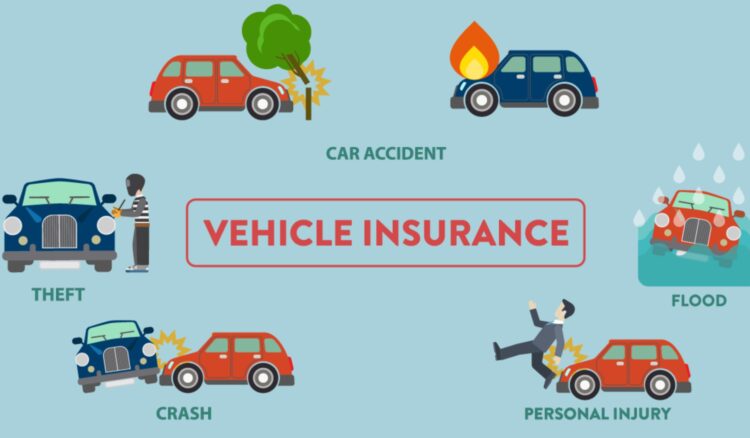
There are two important considerations when it comes to choosing the right type of RV insurance for your motorhome. The vehicle class can help the Good Sam RV insurance company understand the scope of coverage. On the other hand, the policy type will make sure that you are fully covered for your kind of RV.
Because RV insurance provides broader forms of protection than standard auto insurance, it all boils down to choosing the best coverage. Standard auto insurance doesn’t consider that you’re living in your motorhome regardless of the duration. You can also read this article to have a better understanding of the available options for you.
Standard homeowner’s insurance also doesn’t cover collision, moving, or travel-related accidents. With that in mind, below are some types of coverage you can find at the Good Sam RV insurance:
Liability
When it comes to liability, there is no shortcut. All states require liability, and if you are found at fault for any RV-related accident, liability insurance is obliged to pay the legal fees. The liability insurance can also cover medical expenses and property damage to the other party or parties.
This is especially important for RVs because these motorhomes can cause more damages than the average vehicles. This is why you should consider having liability coverage which can save you a lot of money in case of lawsuits or claims.
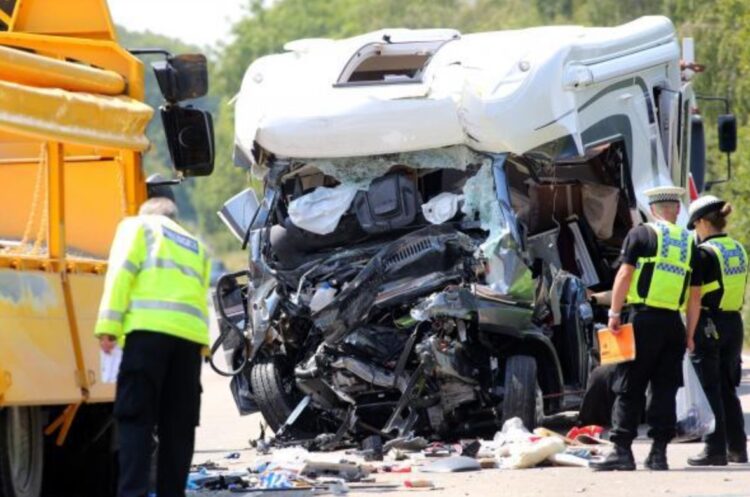
Collision
Two things can happen during an accident, and these are damages to your RV or damages to the other vehicles. Therefore, you need to have collision coverage to pay for damages inflicted on your RV when there is a collision with another vehicle or stationary object.
Comprehensive
Comprehensive coverage applies to loss and damage to your RV, that are not related to the collision. These can include animal damage, natural disasters, vandalism, theft, and many more.
Content
Contents coverage that is also known as personal effects coverage can cover your personal belongings that you have on board. This is especially necessary if you use your RV to live for an extended duration or take long-term vacations. Your belongings onboard can easily increase, and you don’t need to replace both your possessions and RV in the case of a natural disaster or an accident.
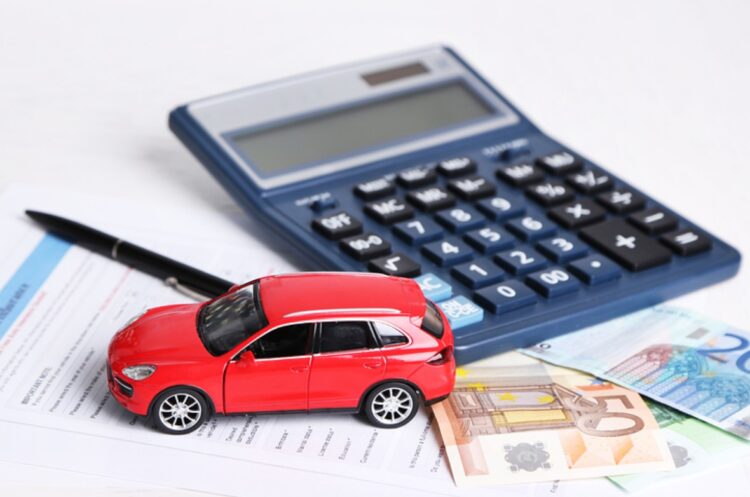
Uninsured or underinsured
Uninsured or underinsured coverage is quite similar to standard auto insurance. So here is what happens, when the other driver who is involved in an accident and doesn’t have an insurance policy. It means your insurance company can pay for your medical expenses or damages to your property.
Towing and roadside assistance
Many RV insurance policies provide towing and roadside assistance. Best of all, insurance companies usually have a network of service providers that offer specific services to RVs. This means that you can always have towing and roadside assistance when you have problems with your RV.
Emergency expenses
If something bad happens to your RV that causes it to become unusable, you may likely have no place to sleep or a vehicle to use. As a result, you may require emergency lodging and transportation in that time of need.
This can happen when you are on vacation in your RV, so you have to find a way to get back to your home using another mode of transport. This is the reason why emergency expenses insurance comes in handy to help you to cover these RV-specific expenses.
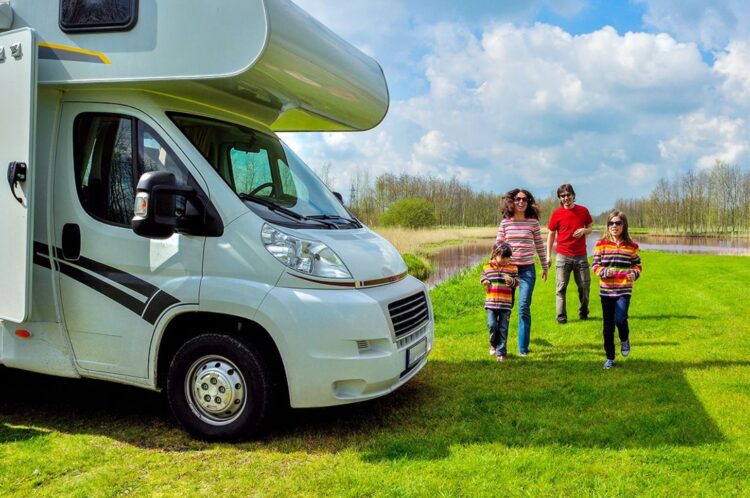
Total loss replacement
Total loss replacement coverage can help you to mitigate against depreciation value of the RV. Hence, if your loss happens in five years, you can get a full replacement value on your motorhome without taking into account the depreciation. This is suitable if you live in your RV because one accident can damage your entire home.











